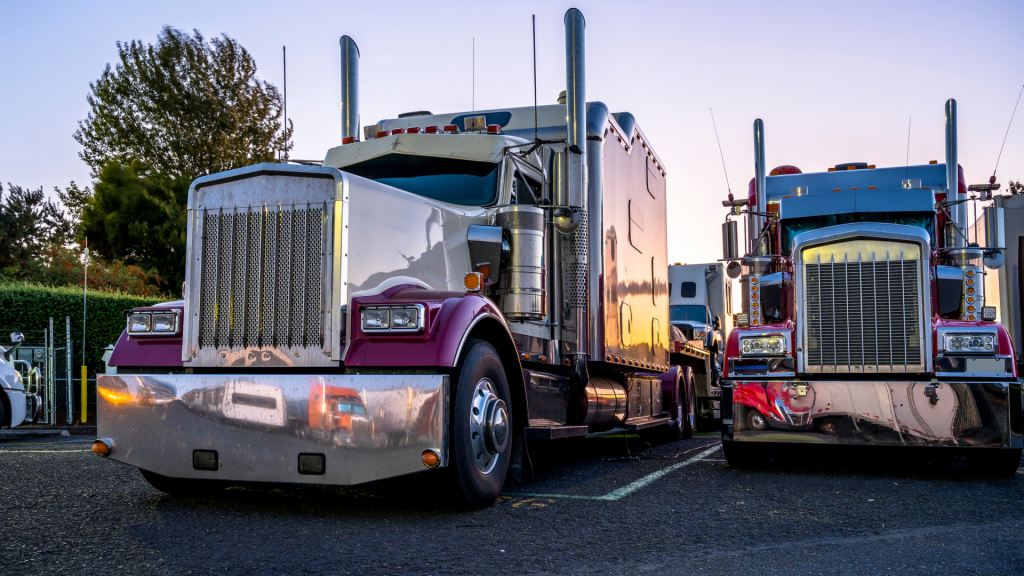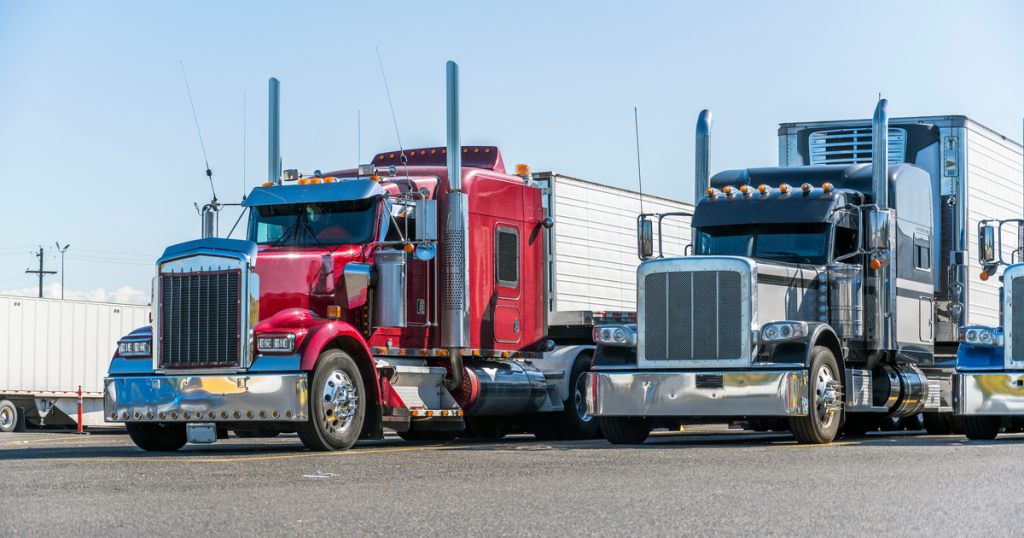
- Research non-taxable and exempt jurisdictions
- Use IFTA calculator
- Have important documents put away
- File on time
If you should be filing your IFTA Report in the next week or so then 10 out of 10 you probably use diesel fuel. Diesel produces more energy than gas, making it more efficient. This is the reason semi-trucks run on diesel. Semi-trucks carry heavy loads and ultimately need more energy to drive further on long hauls. A diesel engine can operate for about 12,000 to 30,000 hours before a maintenance check is needed. Here are some diesel facts that every trucker may be a wonder. A few of which will save you a great bit of time and money. We’ve created a list of things all truckers should know about the fuel that keeps your rig’s engine going.
Why Is Diesel So Expensive?
The first of the probing questions you may have about diesel fuel is ‘why is it so expensive?’. Since 2004 diesel has been higher in price, on a dollar per gallon basis. Part of this reason is that the demand for diesel fuel and other distillate fuel oils is high. The biggest cause of differentiation in prices comes from federal excise tax for on-highway diesel fuel of 24.3 cents per gallon, 6 cents per gallon higher than the federal excise tax on gasoline.
Is There A Dirty Truth?
Diesel isn’t as dirty as you think. As a matter of fact, it has become more environmentally friendly.
The environmental protection agency (EPA) has found a few ways to reduce sulfur levels in diesel fuel, making it better for the environment. Diesel engines use to be known for producing harsh emissions, like soot, air toxins, and other harmful pollutants. Prior to 2006 diesel fuel contained more than 5,000 parts per million (PPM), now it is a regulation that diesel fuel can now produce more than 15 PPM.
What!? I Can’t Be Overweight!
The weight of diesel fuel is roughly 7 Ibs. Per gallon, and varies somewhat from the truck to truck. This is important to make a mental note of since the weight of fuel is calculated when scaling a truck.
Often times truckers will be surprised when they are ticketed for being overweight at the scale, knowing the weight of their rig and cargo combined doesn’t exceed the limit. Doing a bit of mental math will save
Should I Add An Additive?
Additives are a must. The main use of additives for truckers is to help diesel not crystallize during winter. It is hard to make deliveries when a vehicle’s fuel has stopped flowing.
Being on the go is your job, so it is normal that you experience changes in climate, however being prepared and thinking ahead is required. Traveling from Nevada to Illinois can be a culture shock on anyone, and your engine is no different, so make sure you have an additive with you on the road if you plan on going too much colder states.
Other benefits of additives:
- Cleans the injection system
- Environmentally friendly
- Saves money
- Increases power







